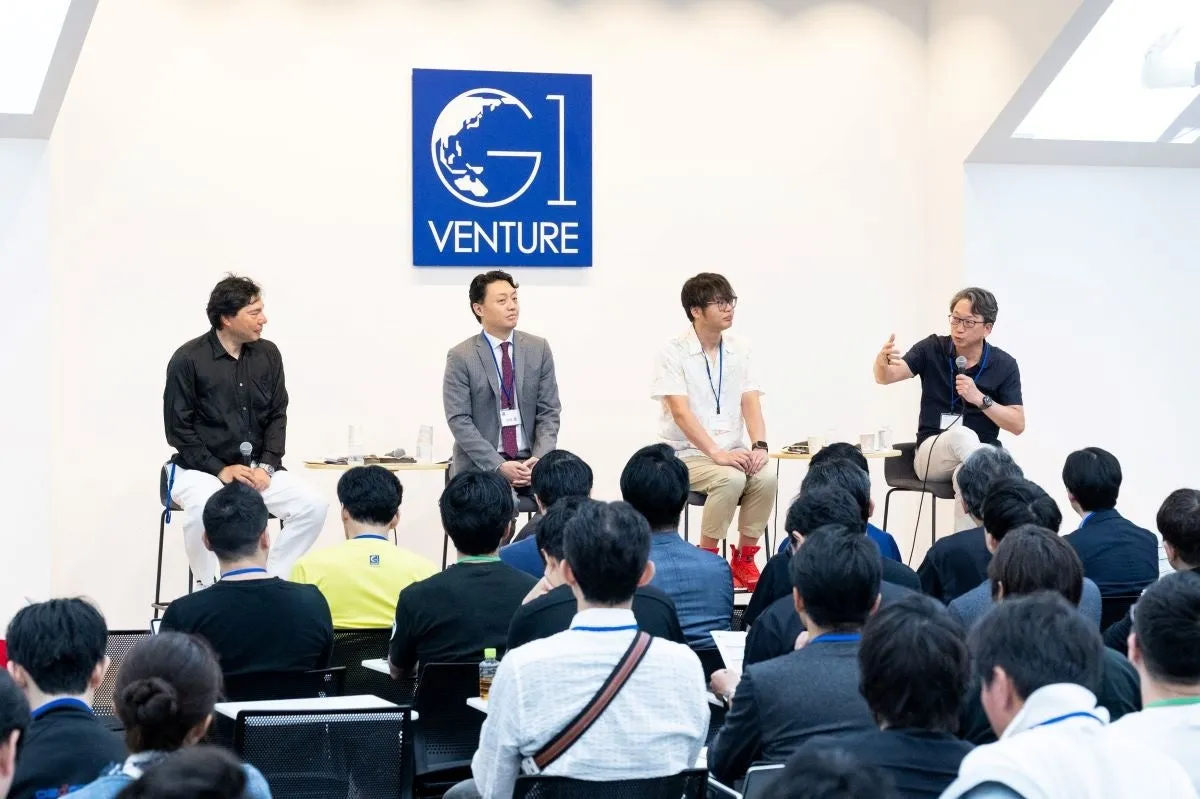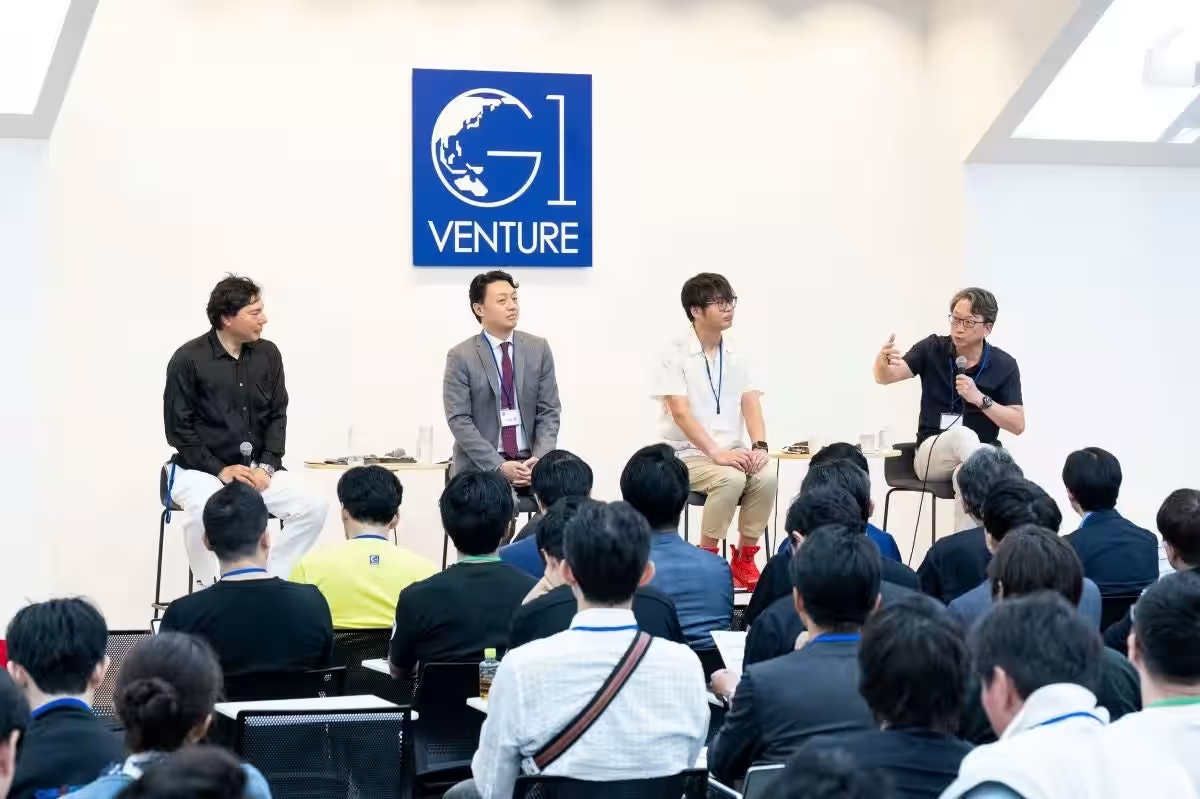

G1 AI Research Group Proposes 10 Actions for Japan to Lead AI in Asia
G1 AI Research Group Forms Strategic Policies for AI Leadership in Asia
The G1 AI Research Group, based in Chiyoda, Tokyo, has put forward an ambitious series of recommendations entitled "10 Actions for Japan to Lead AI in Asia." This proposal, submitted to the government, aims to reinforce Japan's position as a leader in the AI sector across Asia and highlights essential actions necessary to achieve this objective.
Background of G1 AI Research Group
Established in March 2025 within the G1 Think Tank, the G1 AI Research Group was created in response to the rapid transformations in the industrial landscape and the importance of AI in national and corporate competitiveness. The primary goal is to establish Japan as the international standard in AI technology, enabling it to compete effectively on the global stage. The group aims to create a collaborative platform that includes members from government, industry, academia, and other stakeholders to promote AI initiatives throughout Japan.
The two main objectives of the group are:
1. To provide the government with suitable AI strategies while gathering partners committed to promoting AI nationwide.
2. To foster mutual learning and cooperation among members, driving actions for effective AI utilization in various sectors.
The leadership of this initiative includes prominent figures such as:
- - Masaki Hirakawa, Member of the House of Representatives and Minister of Digital Affairs.
- - Yutaka Matsuo, Professor at the University of Tokyo's Graduate School of Engineering.
- - Katsuya Uenoyama, CEO of PKSHA Technology.
Comprehensive Policy Recommendations
To solidify Japan’s leadership in AI, the G1 AI Research Group has devised a comprehensive set of actions divided into ten specific policy recommendations. These are:
1. Infrastructure Development: Expedite the restart of all domestic nuclear power plants to enhance energy collaboration between watts and bits.
2. Semiconductors: Double the research funding allocated for AI semiconductors.
3. Data Utilization: Create proper guidelines for personal and industrial data to promote safe and secure usage of data for AI.
4. Foundational AI: Increase the annual budget for AI projects like GENIAC to enable flexible, continuous, and focused investments, attracting global talent and fostering competitive environments.
5. Applications: Strongly support cross-industry data management and societal implementation in fields such as education, robotics, autonomous driving, finance, healthcare, entertainment, and more. Enhance AI use in regional areas to stimulate local economies.
6. Robotics: Shift from closed innovation in industrial robots to promoting investments in startups, facilitating open and de facto standard advancements while developing versatile hardware for Physical AI applications.
7. Science: Promote the application of AI in scientific areas through collaboration among government, universities, and relevant organizations.
8. Talent Development: Establish an "AI Talent Development Strategy Council" to secure AI professionals and expand the talent pool in science and technology, spearheading initiatives for AI education in Asia.
9. Startups: Intensify investments and R&D for AI-robotics startups through frameworks like NEDO to boost innovation.
10. Political Policy: Enhance the AI literacy of politicians and civil servants, encouraging them to study and implement AI in policy development. Japan aims to lead the establishment of AI regulations in Asia.
Discussions on the Future of AI in Japan
On June 8, during the 11th G1 Venture event held at GLOBIS Business School in Tokyo, discussions around these proposals focused on strategies for realizing Japan's AI ambition and the essential role startups must play. Key speakers included:
- - Masaki Hirakawa, Minister of Digital Affairs
- - Yutaka Matsuo, Professor at the University of Tokyo
- - Kuniaki Tanaka, CEO of Sakura Internet
- - Ken Suzuki, Co-founder and Chairman of SmartNews.
The dialogue emphasized the necessity of positioning AI as a core of national strategy and leveraging the cooperation of startups and public-private partnerships to advance these goals.
As the G1 AI Research Group moves forward with their proposed actions, they are committed to ensuring that Japan can take the lead in the future shaped by AI, fostering a society that embraces technological advancements and its potential benefits.
Members of G1 AI Research Group
Key members of the group include notable professionals from various sectors, ensuring a diverse representation of expertise:
- - Katsuya Uenoyama, CEO of PKSHA Technology
- - Masaki Hirakawa, Member of the House of Representatives and Minister of Digital Affairs
- - Yutaka Matsuo, Professor at the University of Tokyo
- - Yoshito Hori, CEO of GLOBIS Capital Partners
G1 stands as a platform for leaders across various fields to engage in meaningful discourse and actions that better Japan, broadening the scope of initiatives to include various problem-solving events and research endeavors in public policy.
For more information about G1 and its initiatives, visit G1 official website.

Topics Other)










【About Using Articles】
You can freely use the title and article content by linking to the page where the article is posted.
※ Images cannot be used.
【About Links】
Links are free to use.